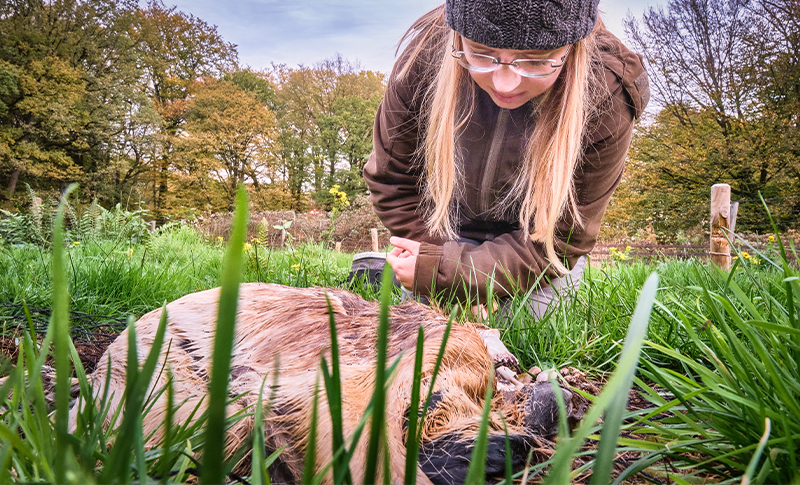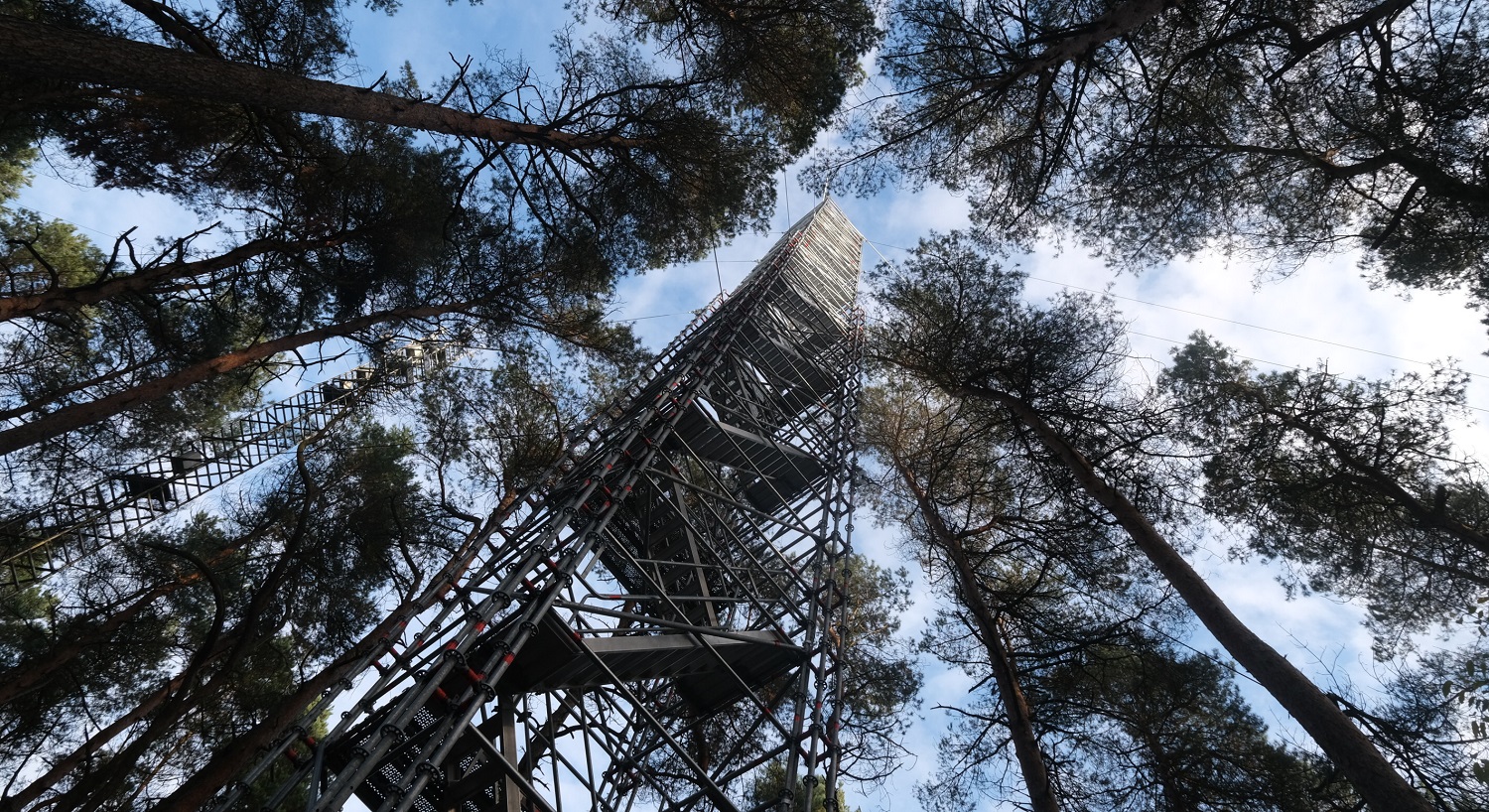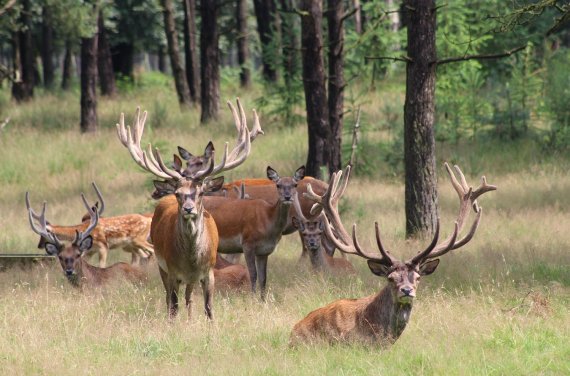Sound is an excellent way to scare away birds and animals. Farmers use loud bangs to protect their crops, for example. But, could there be a more subtle approach? Could a recording or predator noises keep fallow deer out of a nursery? Ecologist Martijn Weterings (Wildlife Ecology and Conservation) gave it a try.
The study was motivated by feeding damage caused by fallow deer. ‘Arboculturists in the Veluwezoom were affected by the increased no-hunting zone at the heart of National Park De Veluwezoom’, Weterings clarifies. ‘We decided to try using sound as an alternative to hunting.’
Poachers
‘We ran a project in Kenya where we spotted poachers by observing the behaviour of prey animals that respond to humans’, he continues. ‘Something similar could be done with fallow deer. How do they react to predators, and how can this reaction be used to repel them? We experimented with camera traps that record the reaction to the sound of wolves.’
How does prey react to predators, and can this reaction help repel fallow deer?
Martijn Weterings, researcher Wildlife Ecology and Conservation
Thirty-six camera traps were installed in a section of De Veluwezoom park. Speakers producing wolf sounds were placed across from the camera traps. The speakers produced the sound of wolves, sheep or nothing (as a control) in several sessions over a period of several months. The cameras then recorded what effect the sound had on passing fallow deer, red dear and roe deer, as well as on wild boar. The type of forestation was included in the analysis.
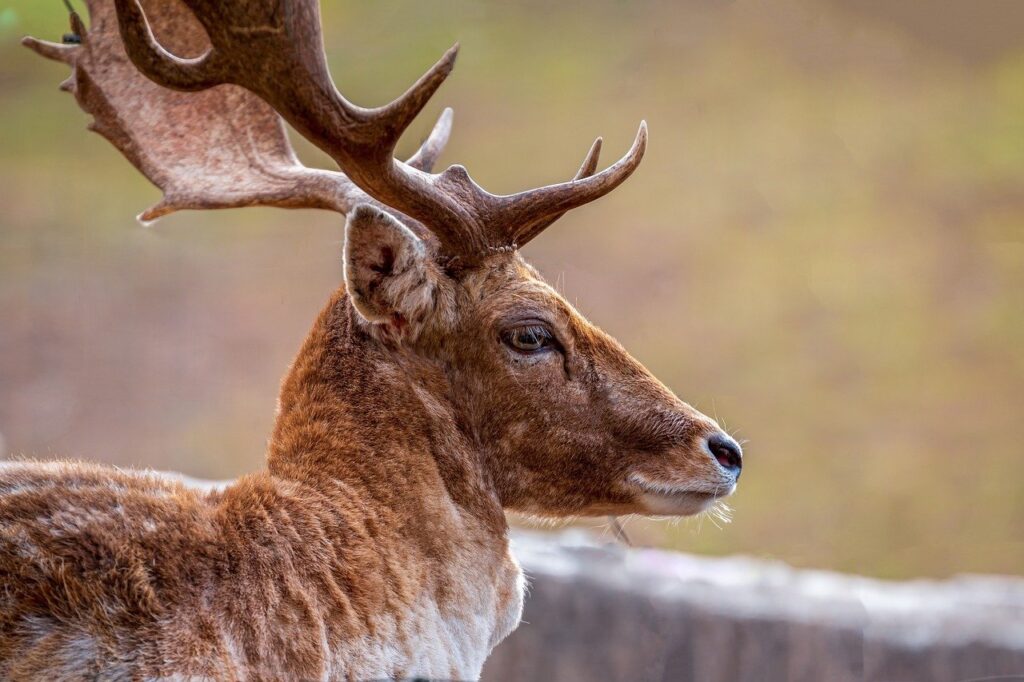
The results are not unambiguous. Wild boar and deer initially stay clear when they hear wolves. Still, the effect depends on the forestation in the area. In all cases, the effect is temporary. After a maximum of three weeks, the animals no longer respond to the sounds. Does this mean the use of wolf sounds as a deterrent is off the table?
Habituation
No, quite the contrary, Weterings says. ‘This experiment was conducted in 2019 with so-called naïve animals, meaning animals who have never encountered a wolf. This has since changed. The wolf has returned to the Netherlands. Habituation may not occur if a wolf sporadically kills animals; ignoring the sound is followed by a “punishment”. That disrupts the desensitisation.’
The fact that deer respond to the sound of wolves the same way they react to the sound of sheep is caused by the low number of deer in the park during the experiment, according to Weterings. ‘The differences are not significant.’ The low numbers also made it impossible to distinguish between fallow deer, red deer and roe deer. This requires further investigation on the effect of wolves on the behaviour of large wild animals.
Stress
Weterings calls for more and coordinated research on the wolf’s effect on larger wild animals on the Veluwe. ‘Not just the sound of the wolf, but its mere presence could cause the population to decline. Stress that results from the wolf’s presence could cause a drop in reproduction, in addition to the occasional animal being killed and eaten.’

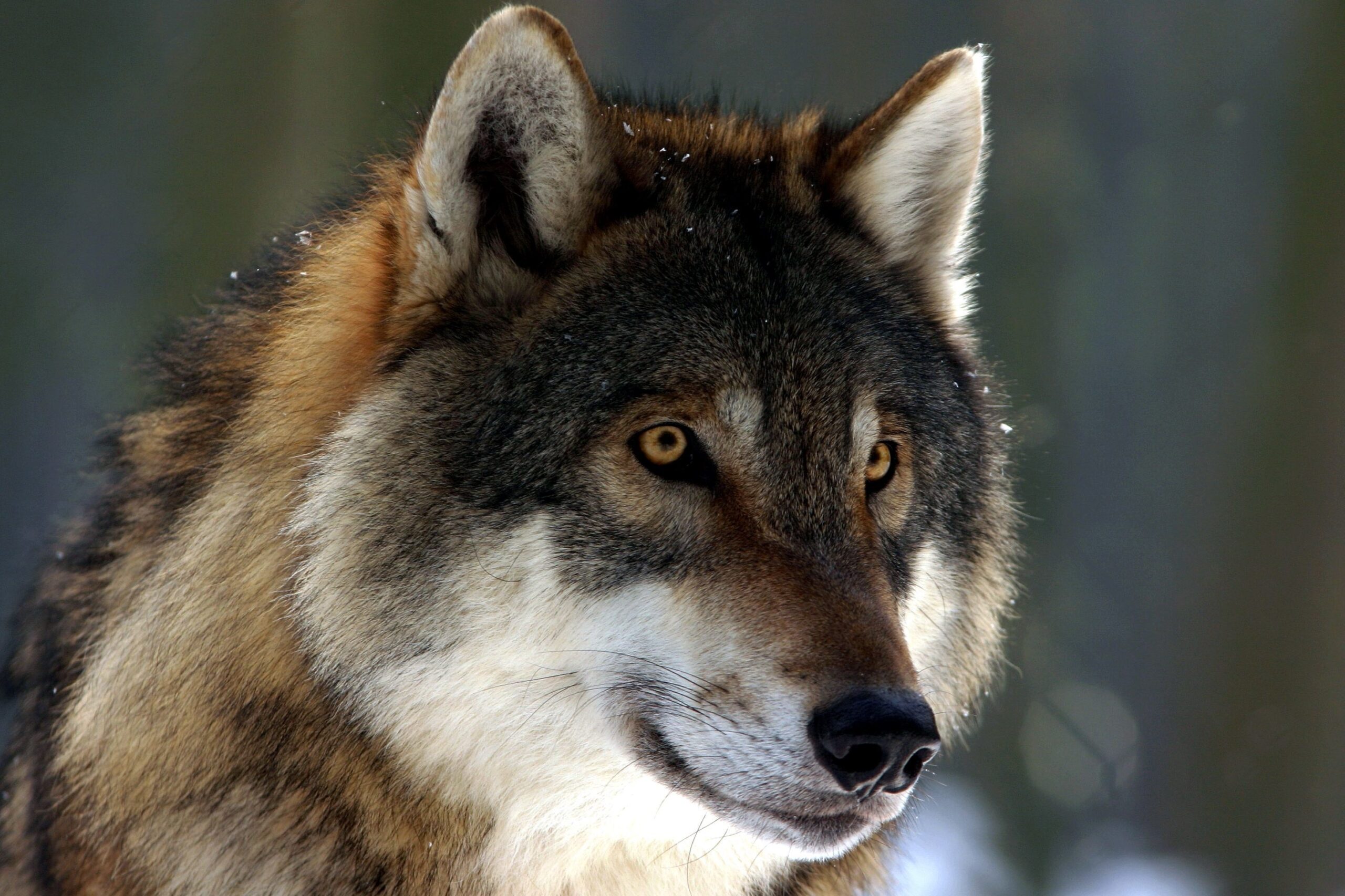 Photo Pixnio
Photo Pixnio 